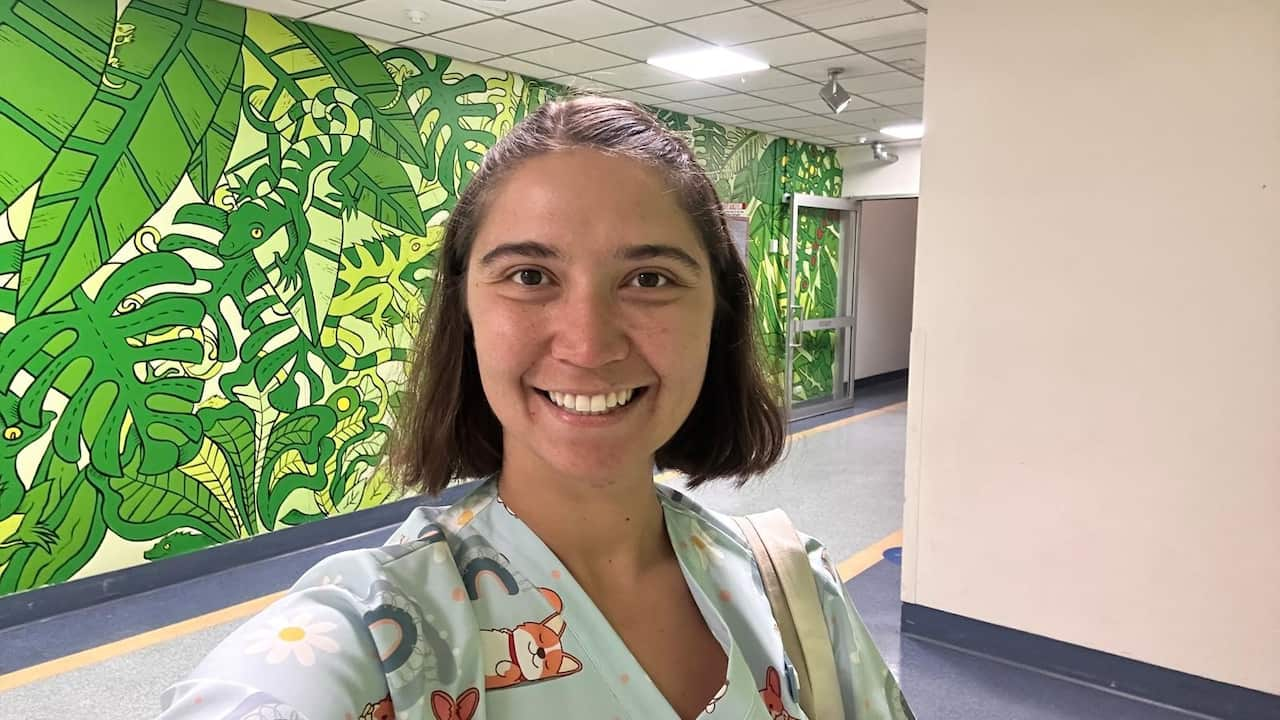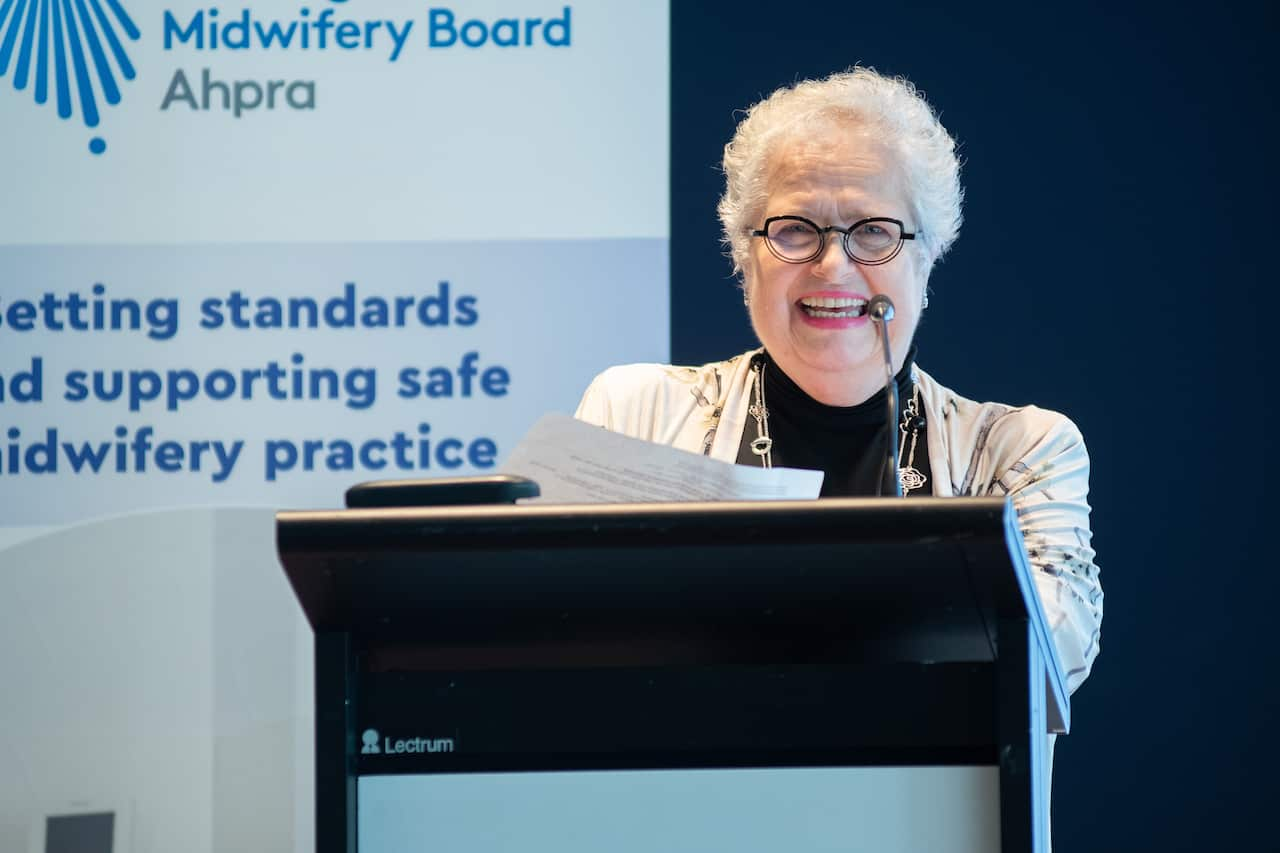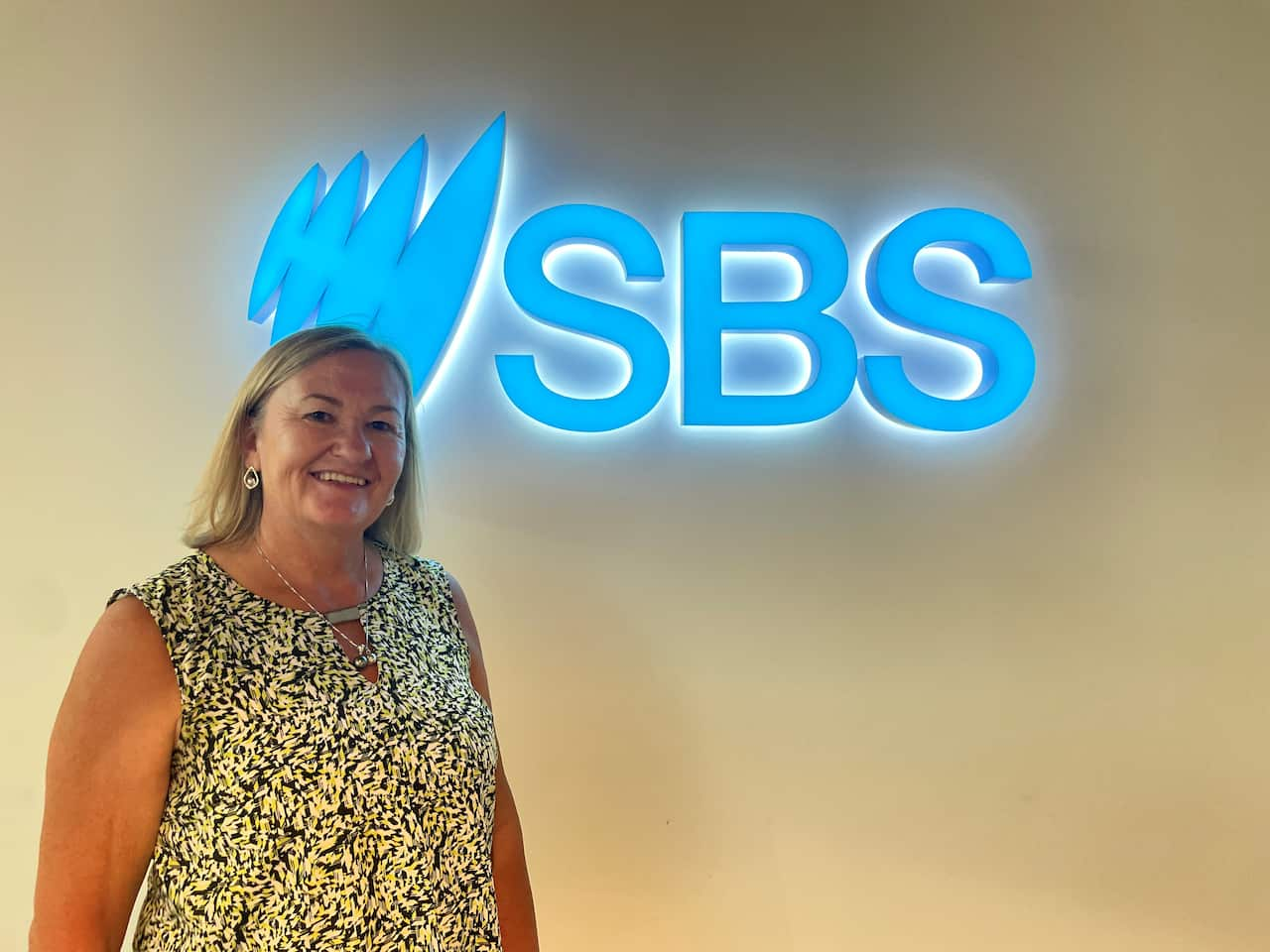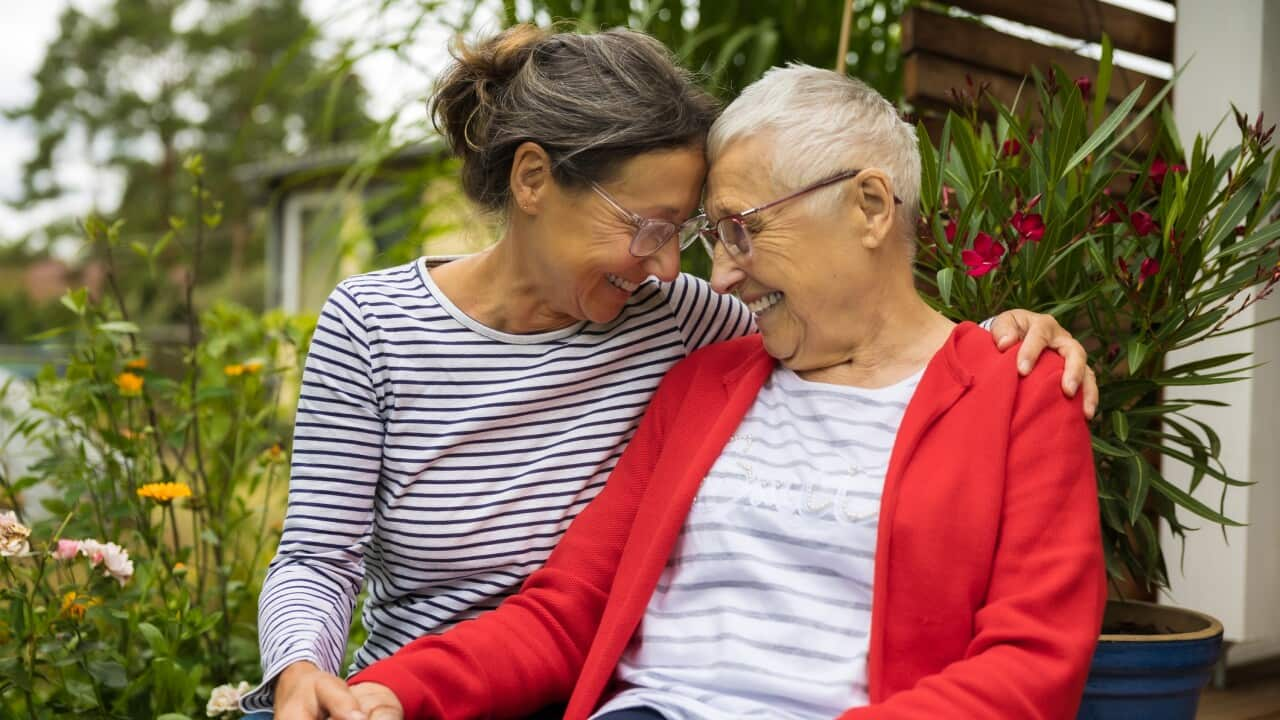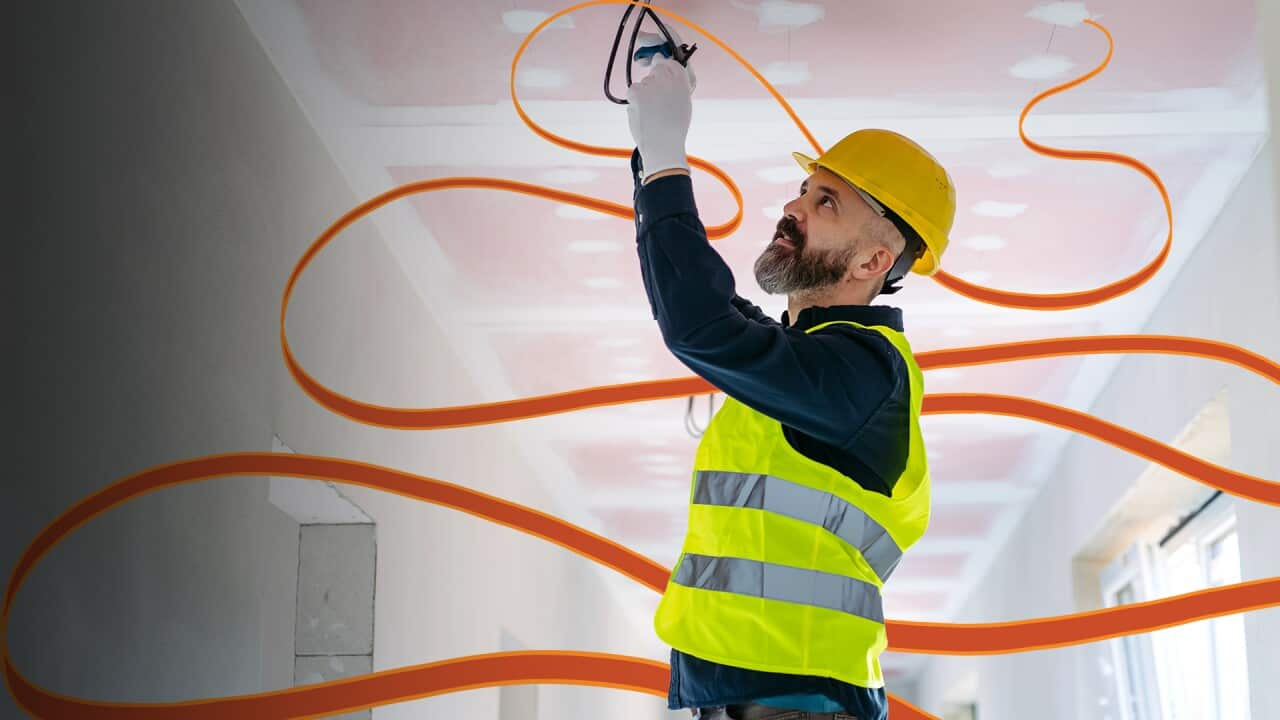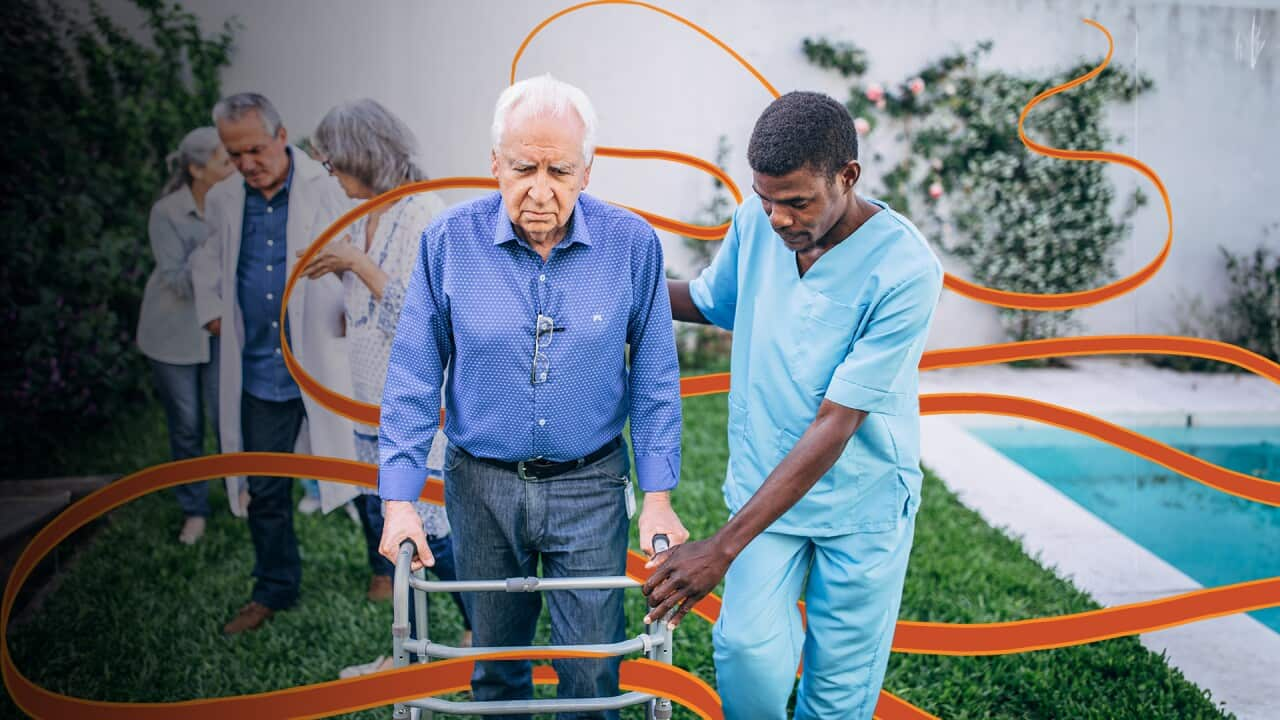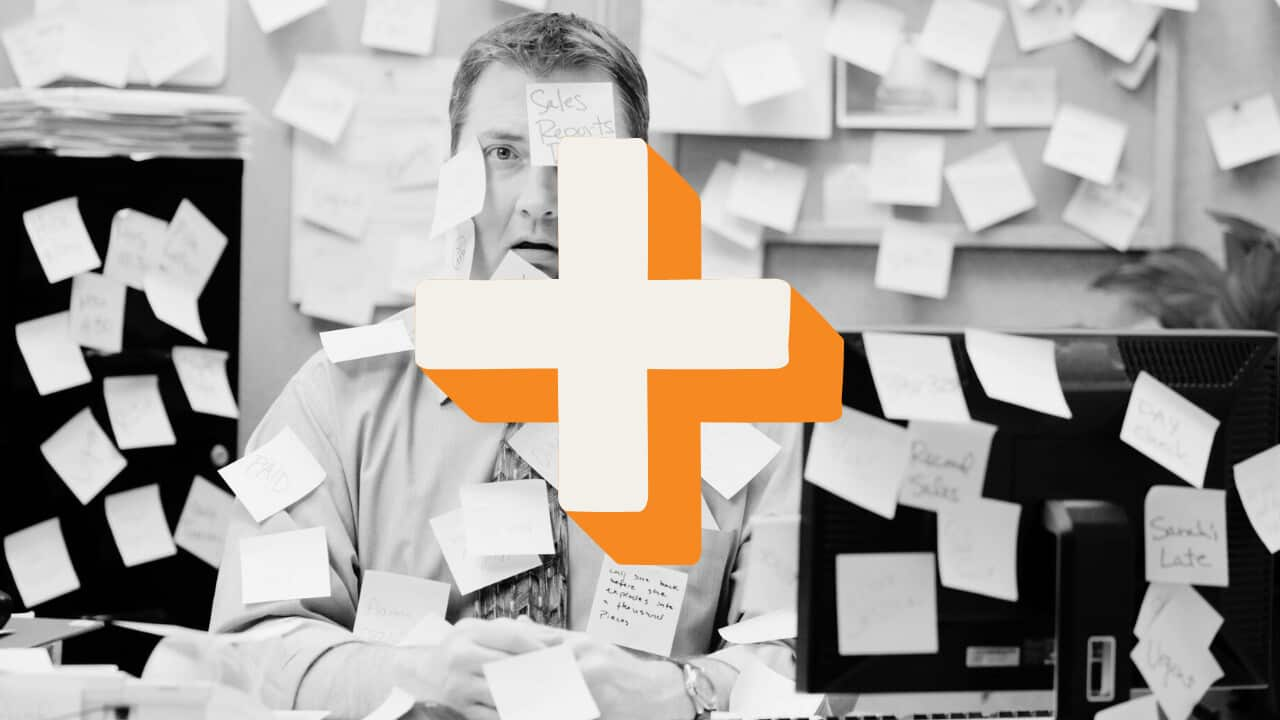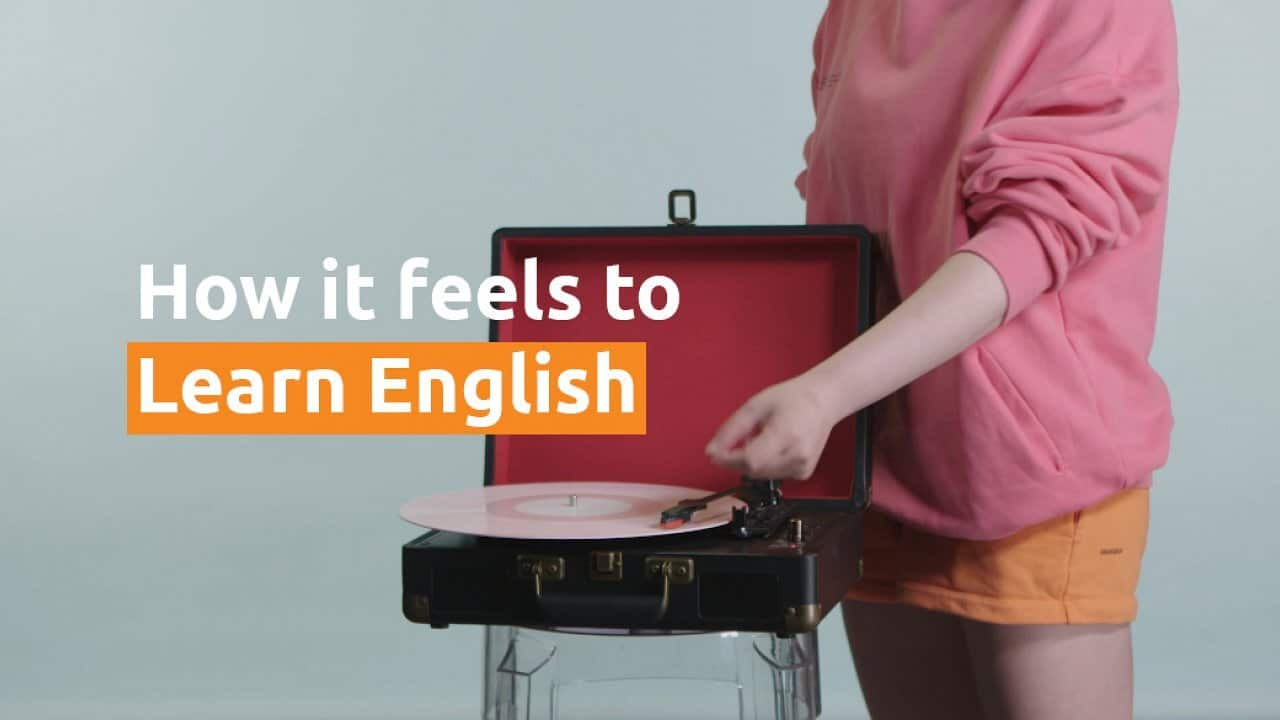spk_0
SBS acknowledges the Traditional Custodians of Country and their connections and continuous care for the skies, lands and waterways across Australia.
spk_1
As soon as I came to Australia, I realised I don't know anything, I can't speak English, I don't understand. During my process, English was an obstacle.
spk_2
Welcome to Work in Progress, a podcast that follows the stories of adventurous professionals who decided to call Australia home, with helpful tips, advice from experts, and Australian leading organisations on how to build your career here.
spk_2
I am your host, Francesca Valdinoci, and today we talk about nursing. Let's get to work.
spk_2
Between 2023 and 2024, the number of international nurses granted registration in Australia increased by nearly 50% from the previous financial year and has tripled from the numbers before the COVID pandemic. But who are these nurses and what is their journey like?
spk_1
My first shift was a nightmare, I could say.
spk_1
Because I was super excited and happy, but at the same time I was so nervous and scared.
spk_2
That's Martina Ferri describing the flood of emotions on her very first day working as a nurse in Australia.
spk_1
I didn't know exactly what to expect, so the
spk_1
uncertainty was a bit overwhelming. Lots of information, a new language. I struggled a bit to understand the Australian accent, but at the same time I couldn't wait to start this journey. It was, yes, scary, but at the same time so beautiful working with kids. They are just amazing. I'm working in the oncology ward,
spk_1
so full of emotions, but I loved it.
spk_2
Martina works at the Women's and Children's Hospital in Adelaide. She arrived in 2022 and now calls Australia home, but getting to this point took her more than 2 years, and it all began back in Italy, where she's from.
spk_1
I started the journey to validate my nursing qualification in Italy because I knew already it was a long, long process because the validation of nursing qualification you can do it even if you are offshore. This journey was anything but easy. It was incredibly challenging.
spk_1
Complicated, long, and extremely expensive. I was really determined to achieve this goal because it had been my lifelong dream. And after two years of studying exams and hard work, I finally obtained my registration in Australia and officially became a registered nurse.
spk_2
Martina's nursing career began in a public hospital in Italy's Reggio Emilia region during one of the darkest times in modern healthcare, the COVID-19 pandemic. She was just 24 years old.
spk_3
Across Europe, countries are strengthening measures to counter the disease. Italy has registered its highest daily death toll with 475 people losing their lives in a 24 hour period. Italy also still has the highest number of infections outside of China, with 35,000 people who've tested positive for the virus.
spk_1
As a nurse, the days were so long and tiring. The emergency was always there. Many times there weren't enough ventilators, hospital beds in the emergency department. They had to choose which patients to save and which patients no because literally there were no beds.
spk_1
The hospital was so crowded and that was really, really sad. But even in all that sadness, some patients recovered, seeing their smiles and hearing their thank yous reminded us why we became nurses and why we were doing
spk_2
that job. When international borders reopened, Martina left everything behind to chase a dream she's had since childhood, living and working in Australia.
spk_2
Karen Grace knows that decision well. She's the National Director of Professional Practice at the Australian College of Nursing, the country's big professional body for nurses. Karen made the move herself more than 30 years ago as a young nurse from the UK. The process of getting her qualifications
spk_2
approved was very different then, but like Martina, her decision came with costs she didn't expect.
spk_4
For both the cost in terms of financial cost of achieving your dream, it's not just the cost of an air ticket to settle on the other side of the world. There's a whole
spk_4
range of costs associated with the process and then there's the costs of settling once you get here. And the other cost is time. It takes time to do it properly. It takes time to consider what is actually a significant decision and to be really informed about where you're going and why you're going.
spk_2
Karen also points out that the Australian healthcare landscape is unlike many others.
spk_4
Everybody needs to understand the size and scale of this country and the diverse settings within which healthcare is provided in this country is fairly unique actually internationally, and we have incredibly remote areas that are serviced by small health services, and then we have big major metro tertiary facilities that are very similar
spk_4
all the world over, so just be clear about where you want to go and what you want to do, because Australia isn't the same across the different states and territories and settings.
spk_2
It was not only the time it took Martina to familiarise herself with the unique landscape of healthcare in Australia that she struggled with.
spk_1
I knew that it would have been expensive, but I didn't think that much. I came to Australia with a small amount of money from Italy at the beginning. I worked in hospitality as I think the majority part of the backpackers, so yes, I was working 7 days, no days off, 3 jobs. We didn't expect to work that much
spk_1
when we first came to Australia, but then we said it's for a bigger aim, it's for something bigger, so we must do that. We really have to put a lot of effort now and then we will be paid off. After some months we started farm work, and that was the time where we could save a lot, a lot of money.
spk_2
To get her license, Martina had to pass 3 exams: a multiple choice exam, a clinical exam, and an English test, each costing a considerable amount of money.
spk_1
The first one is the theory exam. So basically you answer multiple choice questions in front of a computer and then once you pass it, you can go through the second one. The second one for me is the hardest one. It is also the most expensive. It's $4000 just for an exam plus $2500 for the preparation course. So in total it's
spk_1
$6500 only for one exam and if you don't pass it, you have to pay again. The second exam basically is clinical exam, so practical. You are the nurse, and then you have to act as a nurse in front of an Australian actor and then there is someone that examines you. Like you are recorded, video recorded, audio recorded, and then they decide if you are a good nurse or not for the Australian standard.
spk_2
Martina also spent a year collecting documents from Italy, having them translated and submitting them to AHPRA, the Australian Health Practitioner Regulation Agency. AHPRA assesses international applications on behalf of the Nursing and Midwifery Board of Australia, or NMBA.
spk_2
As NMBA chair Veronica Casey warns, registration and immigration are two very different things.
spk_5
One of the things that our internationally qualified nurses and midwives really need to do before applying for registration is to in fact understand this registration process.
spk_5
But also the immigration processes because sometimes people might even think they're very similar or the same or that they're the same system, and they are absolutely integrated, but they're not the same. So it's really needing to look at that at the same time when you're considering that journey that you're going to make.
spk_2
Depending on where you're from and your background, the path to becoming a registered nurse in Australia varies.
spk_2
It can be confusing at first, but the NMBA's online self-assessment tool can help clarify things like criminal history checks or proof of recency of practice. On average, the process takes 9 to 12 months, but it can take longer.
spk_2
However, starting in 2025, a new streamlined system is set to cut the times down to just 1 to 6 months for nurses from selected countries, including the UK, Ireland, Singapore, Spain, and parts of Canada.
spk_2
To be registered, all nurses must have first their qualification recognised by their own country's regulatory body. Veronica explains.
spk_5
We've got two registrations. One is a registered nurse who is prepared at a bachelor's level, university qualification, becomes
spk_5
a registered nurse. You would understand that there are enrolled nurses who practice and have a scope of practice that works with, you know, the team, a multidisciplinary team, and they are prepared at diploma level. The landscape is changing, and they're very important registrants of ours as well.
spk_2
Aside from time and cost, Martina faced one more unexpected challenge.
spk_1
As soon as I came to Australia, I realised I don't know anything. I can't speak English. I don't understand. During my process, English was an obstacle, your worst nightmare, because you are so anxious not to do the exam. Like you know how to do things because I was a nurse already, so I knew how to do things, but yes, English was there because Australian has a different English accent, so I was scared to not be able to understand.
spk_2
A barrier Karen remembers facing too.
spk_4
I didn't have an obvious language barrier, but I still experienced a language barrier because there's a lot of really unique elements to the Australian language that don't exist in other English speaking countries, and I can't imagine how hard that would be if English wasn't your first language.
spk_2
Though Martina's English has improved a lot, she still finds herself struggling with the language from time to time.
spk_1
Sometimes it's hard because I don't understand everything. Like maybe when they make jokes or I don't know, when I pick up the phone every time. It's so funny because my colleagues, they
spk_1
understood that I'm struggling and sometimes I say, please, can you answer the phone for me because I don't want to speak. I learned to ask. Like Australian people are really nice. I see that they try hard to speak slowly and using easy words, but then if there is something that I don't understand, I just ask and I learned to ask millions of times.
spk_2
Karen also reminds new nurses to think beyond their professional goal when moving to Australia.
spk_4
I hadn't really considered the impact on me in terms of the social and community aspects of my life.
spk_4
I hadn't fully considered how isolating it can be initially when you move to a country where you know no one. A lot of jurisdictions at the moment, there is a bit of a focus on support for resettlement for nurses, so it's worth exploring those sorts of options if you're not sure what that might look like. I remember people asking me along to social events.
spk_4
And sporting interests that I would never have done back home, but I think you have to say yes more than you say no, and just give things a go so that you build those connections with people.
spk_2
For Martina, one of the biggest differences of working as a nurse in Australia is how supported she feels, both professionally and personally.
spk_1
It's engaging, collaborative, and so different from Italy. Here I truly feel part of a team that prioritise patients, family, and colleagues. They care about your mental health too, and it's really nice to feel that, knowing I moved only with my boyfriend, they made
spk_1
me feel so comfortable and they made sure I had support, friends, and a social life. They don't push me to do extra hours and they even ask me for my shift preferences. So this is just the beginning and I know it won't always be perfect, but for now I'm really happy about it.
spk_2
Despite all the challenges, there are many opportunities for international nurses in Australia, says Karen.
spk_4
There's multiple career paths that are open to you. You take me for example, I arrived in the 80s as a pediatric intensive care nurse working at the Children's Hospital in Sydney, and I have held a whole range of different roles, both within health and outside of health, including executive roles and CEOs and clinical, different clinical roles.
spk_4
I've worked in policy, so there's a whole range of things you can actually do within your career, but the different settings will help you to develop skills to guide you in certain pathways, and it's worth having a think about that before you commit to somewhere.
spk_2
Looking back on her career, Martina still remembers the moment she knew she wanted to become a nurse.
spk_2
It happened during a hiking trip in the Italian mountains when her chest suddenly filled with pain and fear.
spk_1
I remember that we just started our hike and then I felt a lot of pain in my chest. Every breath was
spk_1
so painful. Like my heart was beating so fast, not just because of the pain, of course, but also because of my anxiety. I understood something was going wrong, so I just said to my friends, I can't keep going. I can't continue. I'm scared to die. And that was the first thing I
spk_1
said because it reminds me about my dad, because my dad died when he was only 29 because of a heart attack.
spk_2
What Martina just described is called a pulmonary embolism. It has the same symptoms as a heart attack. And like a heart attack, it can be fatal.
spk_2
Her friends took her to the emergency department at a local hospital, and that is where her life plan changed.
spk_1
I received, I think, the best care of my life. I was so scared, and they were really, really nice, the doctors, they spoke to me. They explained me everything. Everyone, literally everyone was beautiful with me, was kind. They were so knowledgeable in my mind. I said, I want to be like them. I want to make people feel like they made me feel. So that's when I decided to be a nurse.
spk_2
That same motivation guides Martina's work today. She has a message for others considering the same challenging but extraordinary journey.
spk_1
Don't give up. Never. It's frustrating sometimes. I thought a lot of time, why I'm doing this. I will never finish.
spk_1
It's so expensive. I'm wasting my money, all of that, but don't give up. I never gave up, and that's the best thing I've ever done in my life. Be determined, be focused, study, be prepared, do one step at a time because it's a long, long process. So try to understand.
spk_1
Every process, what it's about, what you have to do, which exam you have to do, because I've done it. I've done all this process and I feel so strong and I'm so proud of myself. It's really amazing working here. It's inspiring. I can say everything I've done was worth it.
spk_1
Yeah, I just love it.
spk_2
This is an SBS Audio podcast. In Work in Progress, we dive into careers across nursing, early childhood education, engineering, ICT, construction, and aged care, unpacking the journeys, challenges, and rewards along the way.
spk_2
Work in Progress is created and hosted by me, Francesca Valdinoci. Sound design is by Maram Ismail, and the managing editor is Roza Germian.
spk_2
For more helpful tips on settling into your new life in Australia, don't forget to visit Australiaexplained. Thanks for listening and stay tuned for more.
